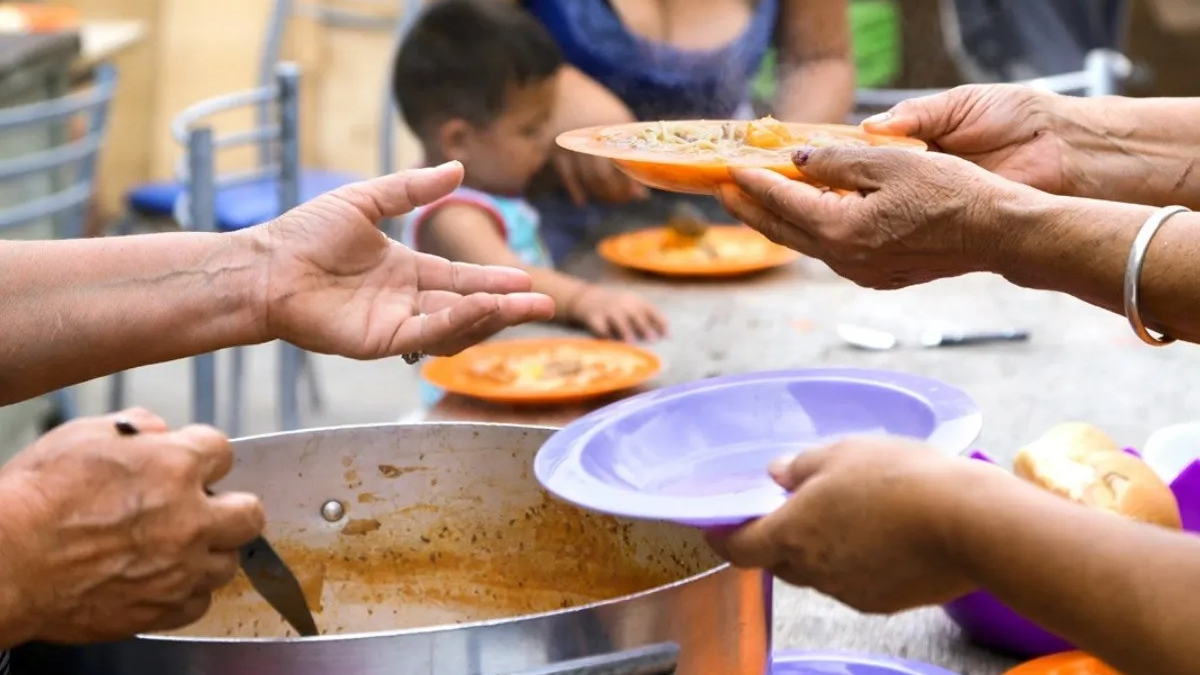In a scenario like the current one, where accessibility to food becomes increasingly complicated, from the Buenos Aires College of Nutritionists They maintain that it is essential to recognize food as a right and not as a privilege and to understand the responsibility of nutrition professionals as a collective to defend it.
In this framework, the entity issued a statement warning that Argentines are going through a complex reality marked by inflation that hits pockets hard, especially with regard to access to food. According to data provided by the National Institute of Statistics and Census (INDEC)From December 2023 to February of this year, accumulated inflation reached 71.33%.
Likewise, in the total basic basket (CBT)the food and beverage category is the one with the greatest impact, in which significant year-on-year and month-on-month increases in meats, dairy products, eggs, bread and cereals. Thus, according to these INDEC data, a typical family of four members has to earn 690,000 pesos to be above the poverty line.
For example, in January there was a drop of 37.1%, compared to the same month last year, in the category Food and drinks of the Retail Sales Index (IVM) of the Argentine Confederation of Medium Enterprises (CAME). This index is based on a monthly survey among 1,256 retail businesses throughout the country.
Along these lines, the College highlighted that the economic situation deepens inequality in access to food and leads to a reality in which a part of the population that previously could access a varied diet is now greatly limited. , due to the increase in prices.
Popular pot.jpg
Photo: Argentine News
“It is crucial to recognize that access to quality food is essential to prevent chronic non-communicable diseases such as, for example, diabetes, high blood pressure or cardiovascular diseases,” said the Nutrition graduate (MP 6646), Ailen Suscoenrolled in the College of Nutritionists of the Province of Buenos Aireswho added: “These diseases are closely related to malnutrition and inequity in access to food of good nutritional quality.”
In addition to the impact on food, the economic crisis also influences access to medicines. He Center for Pharmaceutical Professionals (CEPROFAR) reported that drug prices increased by 112%, between November 2023 and January 2024. While sales fell 18% year-on-year, which in numbers represents more than 10 million units of medicines monthly. Lack of access to medicines makes it difficult to treat and control chronic non-communicable diseases. These diseases represent 75% of deaths nationwide and predominantly affect the low-income population.
Food security is the right of people to have cultural, sufficient and nutritionally adequate food. This implies not only the daily intake of food in quantity and quality but also the physical, economic and geographical accessibility to it. However, in a context of economic crisis like the current one, this fundamental right to life is threatened.
Along these lines, nutritionist Susco pointed out that “It is essential to make professional practice more complex by understanding the economic and food reality, adapting with timely interventions and respect and empathy towards the person or community we accompany.”
“It is vital to know the food assistance programs and work together with other professionals, civil society organizations and social movements – he later highlighted – above all, it is time to reflect, generate networks among colleagues, consolidate ourselves, organize ourselves, train ourselves , participate and get involved in debate spaces where we can exchange views on access to food.”
Source: Ambito




